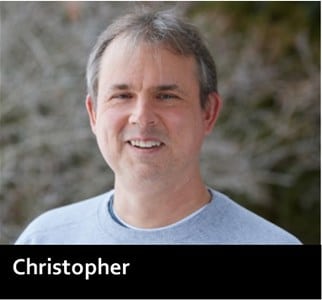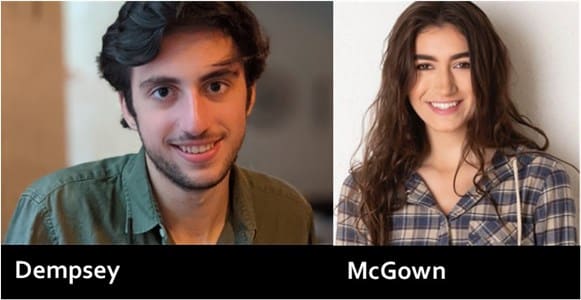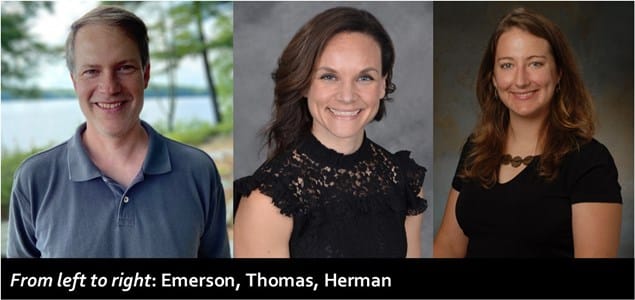
Genevieve van der Voort is graduating from Vancouver Island University (VIU) with a significant accomplishment under her belt – she is lead author on a research paper published in The Canadian Entomologist.
“I still haven’t quite got my head wrapped around it,” says the Biology major, who graduates this June. “I’m very passionate about insect research, so being able to contribute and share what I found with others is very exciting.”
The Canadian Entomologist publishes research papers and notes from entomologists and biologists from around the world. Van der Voort’s note paper was co-authored by Dr. Jasmine Janes, a VIU Biology Professor, and Dr. Manu Saunders of the University of New England. The work falls under the larger umbrella of Janes’ long-term research project on the eco-evolutionary process of bog orchids.
“Few undergraduates get to be co-authors on papers, let alone lead authors, because the opportunities for research experiences like this are often reserved for graduate students,” says Janes. “This work is impressive, not just for its scientific merits, but because it means that Genevieve went above and beyond the expectations for a typical undergraduate research project – she did the field work, analysis and writing for this paper.”
The research paper – Pan trapping in habitats supporting Platanthera (Orchidaceae) shows little difference in insect family-level diversity – sheds lights on the use of different-coloured pan traps. Pan traps are small coloured bowls filled with soapy water used to catch insects. Van der Voort’s study used eight different coloured pan traps to sample insect diversity in habitats supporting Platenthera, commonly known as bog orchids, on Vancouver Island. The yellow traps caught the highest numbers of insects but she found there was no statistical difference among colours overall. The study also contributes important baseline data on the diversity and behaviour of insect communities in orchid habitats on the Island.
Van der Voort’s accomplishments don’t stop at being a lead author in a scientific journal – she’s also a recipient of a VIU 2020 REACH Award, an award given to undergraduates to complete an independent research project, and a recipient a Natural Sciences and Engineering Research Council of Canada (NSERC) Undergraduate Student Research Award (USRA).
“Doing research helped me figure out what topics I would like to continue researching after graduating. I really enjoyed learning about insects and their relationships with plants in courses I had taken earlier in my degree and being able to use the information I had learned in year- or semester-long projects was very rewarding,” says van der Voort. “I am hoping to go to graduate school for my Master of Science in the future, working on plants and insects.”
Janes says the USRA is a highly competitive award that supports undergraduate research experiences. Over the past few months, she has witnessed van der Voort’s dedication and passion for research.
“Genevieve has a fantastic attitude – she shows great attention to detail and initiative and has really demonstrated an ability to link complex topics from multiple areas of biology,” says Janes. “It has been truly inspiring to watch her grow as a person and a researcher.”
Written by: Vancouver Island Univeristy News | Rachel Stern, Communications Officer
Please visit here to read the original article.
















